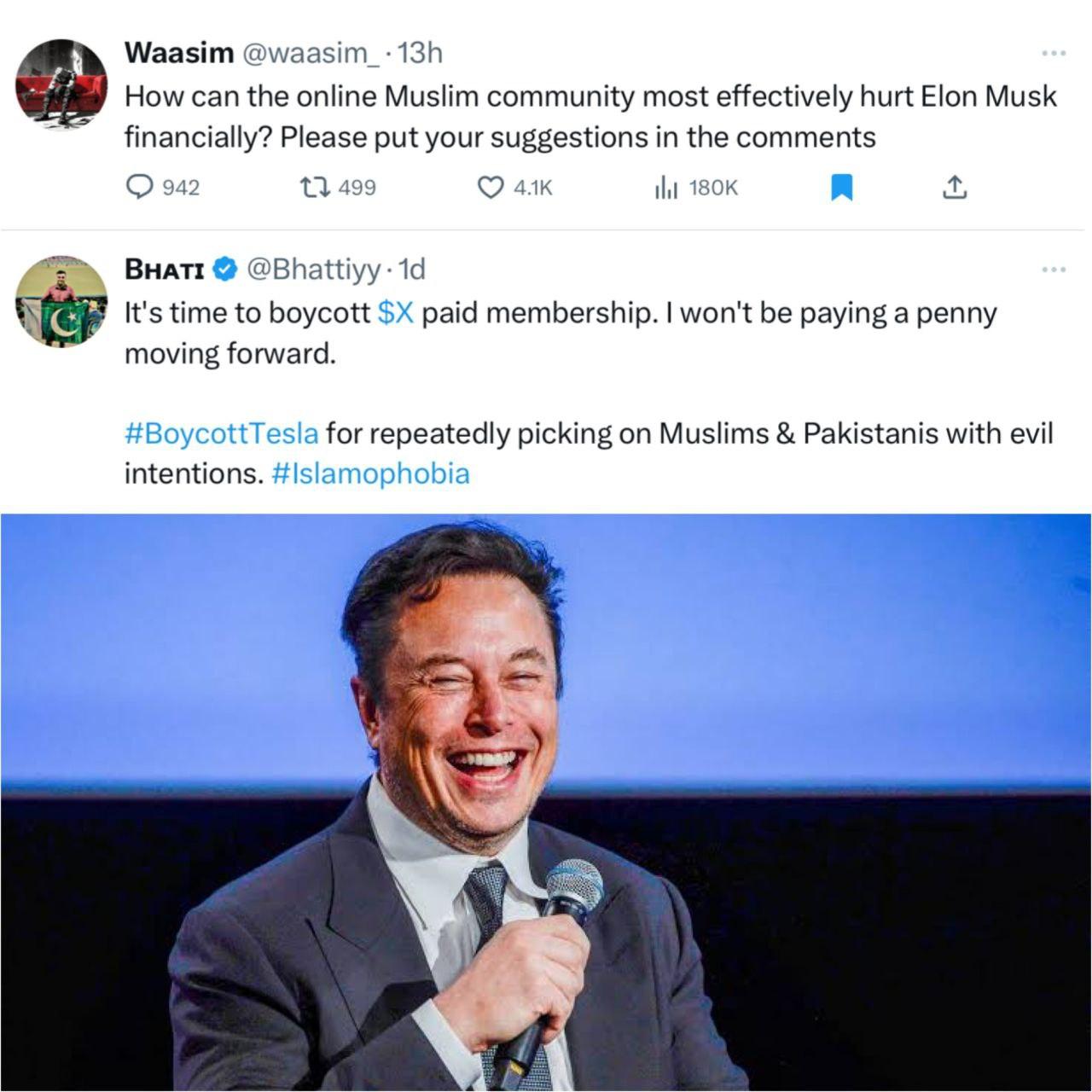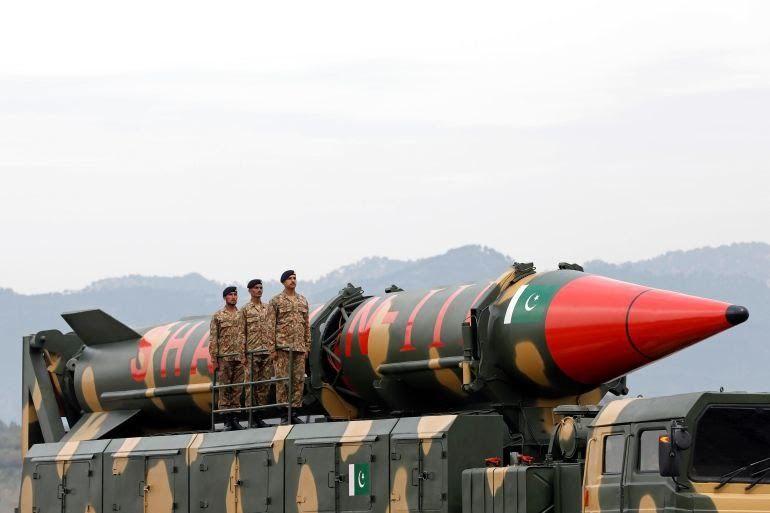What did you learn from the Russia-Ukraine war...???*
To the question asked of #Annamalai, his answer;
My salary, my 4 BHK house / bungalow, my car, my business, my coconut grove, my farmhouse, etc., all these are safe only as long as *my country is safe*.
Otherwise, everything will turn into smoke in no time.
Today, in the Russia-Ukraine war, more than 2 million Ukrainians have left everything and taken refuge in other countries.
They are fortunate to have neighboring countries that give them proper asylum.
What will happen to us...???
Where do you think we can go...???
West: Pakistan.
East: Bangladesh.
South: Indian Ocean.
North: China.
Countless traitors within the country...!
*Remember, you have no other country to give you asylum.*
"Therefore, more than cheap petrol, free rations,
Prioritize a strong nation."
Undeniable truth!
To the question asked of #Annamalai, his answer;
My salary, my 4 BHK house / bungalow, my car, my business, my coconut grove, my farmhouse, etc., all these are safe only as long as *my country is safe*.
Otherwise, everything will turn into smoke in no time.
Today, in the Russia-Ukraine war, more than 2 million Ukrainians have left everything and taken refuge in other countries.
They are fortunate to have neighboring countries that give them proper asylum.
What will happen to us...???
Where do you think we can go...???
West: Pakistan.
East: Bangladesh.
South: Indian Ocean.
North: China.
Countless traitors within the country...!
*Remember, you have no other country to give you asylum.*
"Therefore, more than cheap petrol, free rations,
Prioritize a strong nation."
Undeniable truth!
What did you learn from the Russia-Ukraine war...???*
To the question asked of #Annamalai, his answer;
My salary, my 4 BHK house / bungalow, my car, my business, my coconut grove, my farmhouse, etc., all these are safe only as long as *my country is safe*.
Otherwise, everything will turn into smoke in no time.
Today, in the Russia-Ukraine war, more than 2 million Ukrainians have left everything and taken refuge in other countries.
They are fortunate to have neighboring countries that give them proper asylum.
What will happen to us...???
Where do you think we can go...???
West: Pakistan.
East: Bangladesh.
South: Indian Ocean.
North: China.
Countless traitors within the country...!
*Remember, you have no other country to give you asylum.*
"Therefore, more than cheap petrol, free rations,
Prioritize a strong nation."
Undeniable truth!
0 Commentarii
0 Distribuiri
2K Views
0 previzualizare













